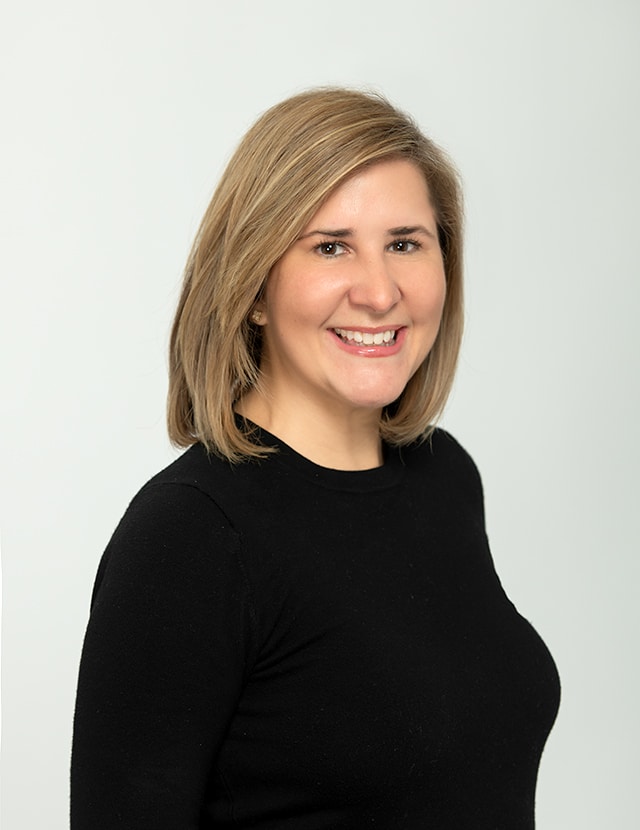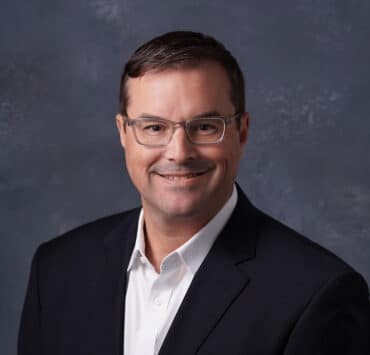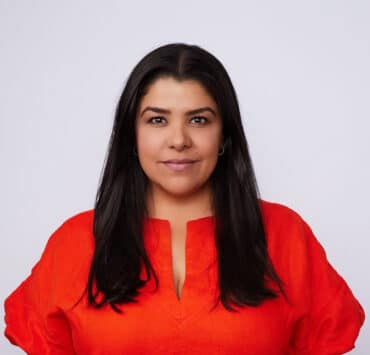|
Getting your Trinity Audio player ready...
|
In 2001, a twenty-six-year-old Brenda Victoria packed her bags for Houston, Texas. The Dominican Republic native worked for years in her country as an HR generalist for Texaco and was offered an opportunity to be an organizational development manager responsible for cultural integration as it joined forces with Chevron through a multibillion-dollar merger.
For her, that change meant adapting to a different set of cultural norms, some as simple as greeting people with handshakes instead of kisses on the cheek. But it also meant she had to find her voice as a young, Hispanic woman, who frequented rooms filled with men working in oil fields or older men who’d come from the C-suite.
“The Chevron and Texaco merger was a $45 billion deal. Culture integration was one of the top priorities,” says Victoria, who currently serves as senior vice president of talent and employee experience at TelevisaUnivision. “I was there to influence frontline leaders and executives at multiple levels to adapt and adopt the new culture principles and processes for the new company.”
Brenda Victoria on Why “Every Company Is Different”
“Organizations are filled with humans, no matter what they produce. As a leader faced with helping companies transition or transform, I’ve focused on learning and understanding its unique challenges and figure out a way to fix them in a way that isn’t an off the shelf approach. Assuming what worked in previous roles is going to work where you are now is a recipe for disaster because every company needs something different.”
She goes on to say, “Very quickly, at a young age, I had to speak with conviction and influence senior people on how to best align people with business outcomes. I had to lead multiple reorganization, talent discussion, business roundtables and during them time I was conscious about three things that were part of my identity but that felt limiting: being very young, being female, and being a Hispanic in a male-dominated industry.”
As Victoria journeyed through challenging situations in that role, she allowed her subject-matter expertise to give her confidence, a gem of advice she offers to young professionals.
“We are in the room because we have something to contribute, because we add value. I was [an] immigrant, coming a from a small island in the Caribbean and failure was not an option. I was determined to build credibility based on reliable execution,” she says. “You need to find your space, understand what others need, and gain command of your subject-matter area.”
After working at Chevron until 2008, Victoria went on to spend her career at various companies and in various industries. She served as a director of HR at Baptist Health South Florida, senior director of organizational development at Ryder System Inc., VP of talent LAC at Mastercard, global VP of talent at World Fuel Services, and more.
As she reflects on her success in those roles, she says it was driven by her ability to understand people’s problems and to find unique ways to address them.

“Every manager has a problem to be solved so instead of trying my agenda, I always try to understand what needs to be resolved,” the SVP says. “The relationships I built, to this day, were based on my ability to have really transparent conversations with leaders, which is what you need in my field. You need honest conversations about people, goals, behaviors, and objectives.”
Victoria’s career journey came full circle in 2021, as she started working for TelevisaUnivision, a company that uplifts the voices of Spanish speakers all over the world. She’s contributing to that mission by simultaneously supporting big business priorities that would normally happen sporadically.
“It’s not every day that an organization merges two companies like Televisa and Univision at the same time that we’re launching our first streaming platform for Spanish-language content,” she says. “We’re staffing, driving innovation, creating the new but at the same time merging with two big companies in their space. So, it requires us to be nimble, agile, act like entrepreneurs, and from an HR perspective, we help the organization adapt quickly to change.”
When Victoria stepped into her role, she took the time to build the right team to help pursue those ambitious goals. Now that she has her team members in her corner, she views her role as a leader to “paint a picture of the possibilities for them.”
“It’s about painting the possibilities that they don’t know they’re capable of,” she says. “Then, step back and let them do it while removing obstacles for them.”
Brenda Victoria on Post-Pandemic HR
“HR leaders who practiced in the pandemic had to test our ability to deal with crisis and to develop solutions when no one knew what to do. It forced us to go back to basics and to be more pragmatic. It tested leaders’ ability to be empathetic and use their humanity to deal with the challenges we had.”

